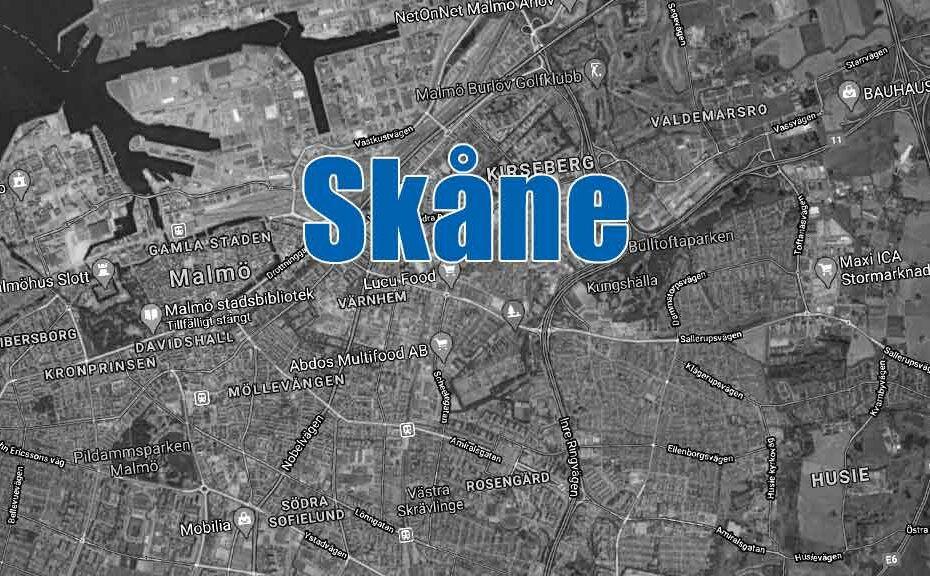
Slightly fewer crimes were reported during the Eurovision week than a normal week in May.
Almost 100,000 people visited Malmö during the Eurovision week. The police had planned for a large number of people in public locations, but had also prepared greater capacity to investigate offences in the physical environment and on the internet.
International cooperation in investigations
A special investigation group was formed to be able to quickly deal with cases that were related to Eurovision or that had an impact on the event. This included everything from minor crime such as pickpocketing and possession of drugs to a capacity to deal with very serious offences.
In light of the worsening security situation, the police put a major focus on surveillance and observing individuals displaying deviating behaviour. Uniformed police officers cooperated closely with investigators, who were able to perform immediate background checks.
On request from the Swedish Security Service, the Europol Counter Terrorism Centre (ECTC) assisted with experts in counterterrorism and extremism.
– We had staff in Malmö during Eurovision so that Swedish authorities would have full access to Europol’s information systems and expert knowledge. By working together in the same place, we could ensure real-time, efficient information exchange between Swedish, Danish and international law enforcement agencies and security services. We also produced assessments and analyses that were shared before Eurovision, says Anna Sjöberg, head of the European Counter Terrorism Centre at Europol.
– Eurovision was a safe and secure event. We had prepared carefully and, in cooperation with the Swedish Security Service and Europol, we had access to high-quality intelligence all the time. At the same time, the risk of lone actors during large, pubic events can never be completely avoided. During Eurovision, we performed background checks on approximately ten individuals. All of them could be dismissed after the check, says Petra Stenkula, head of police district Malmö.
One person arrested
During Eurovision, the police’s detention centres in the Malmö area had the capacity to deal with a large number of arrests; however, when the week was summed up, only one person had been arrested and then detained by the prosecutor in connection with the event. The man was suspected of a gross weapons offence related to a public gathering. He was released after having been interviewed.
In total, 81 offences that were directly linked to Eurovision were reported during the Eurovision week. The most common offence was violations of the Aviation Ordinance. 16 reports were filed for people who had flown drones despite the aviation ban over large parts of Malmö. 22 unauthorised public gatherings were held, which is a violation of the Public Order Act. 12 narcotic drug offences related to Eurovision were reported.
Hate speech on the internet
There are still a handful of ongoing investigations related to Eurovision. Among these are two cases of agitation against a population group, where antisemitic messages were written on social media. One individual is investigated for damage to property after painting a pedestrian crossing in the colours of the Palestinian flag.
– The security situation was in focus during Eurovision and the heavy police presence had a damping effect. We were able to handle the glitter party, the crowds and the public gatherings without any major offences being committed. That is a success for us, says Petra Stenkula, head of police district Malmö.
